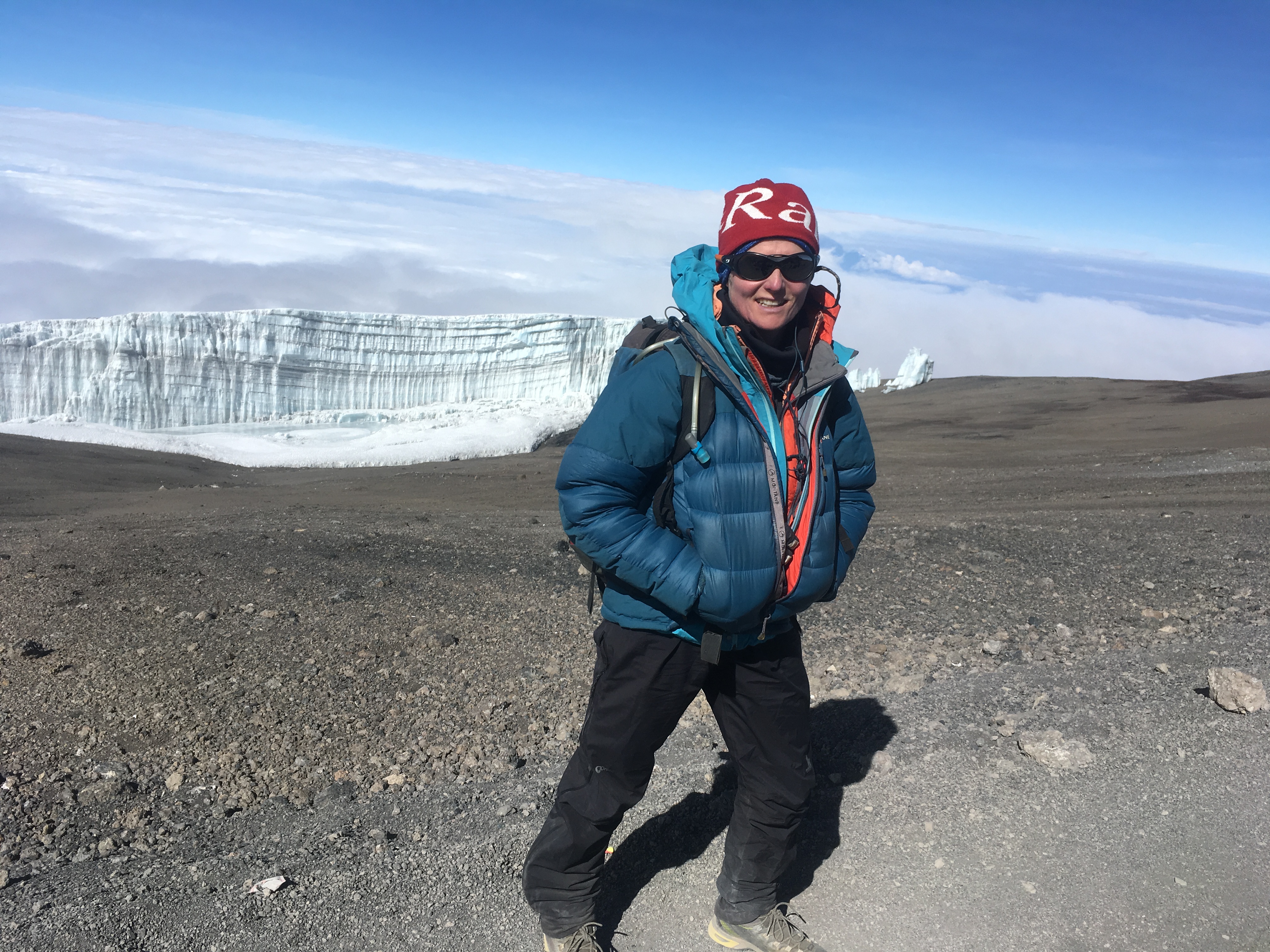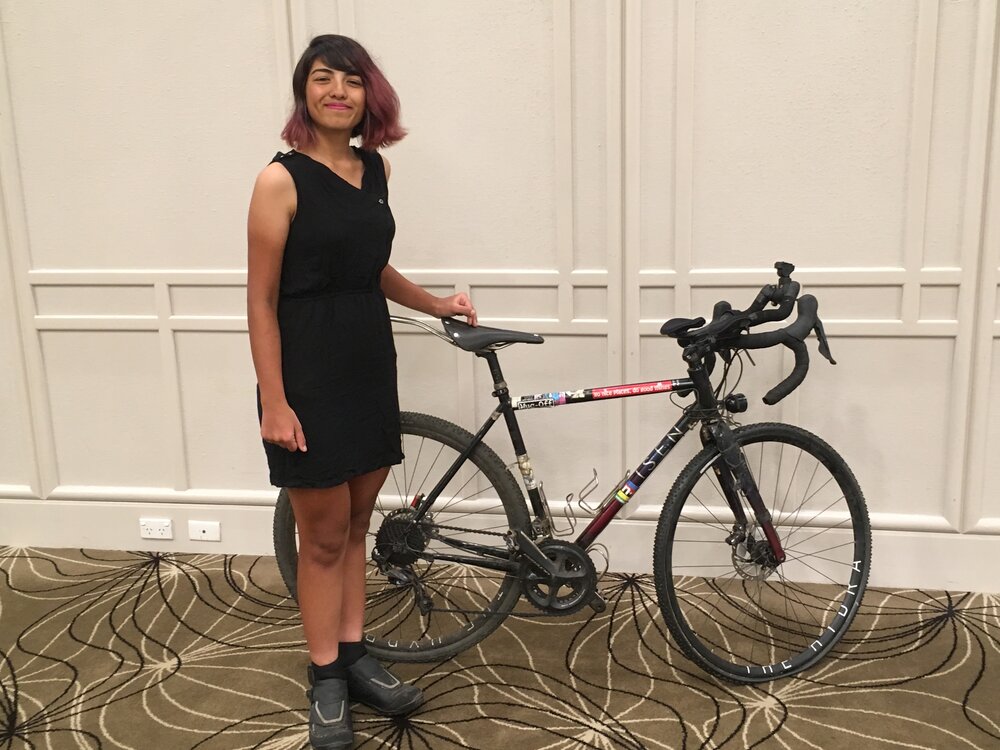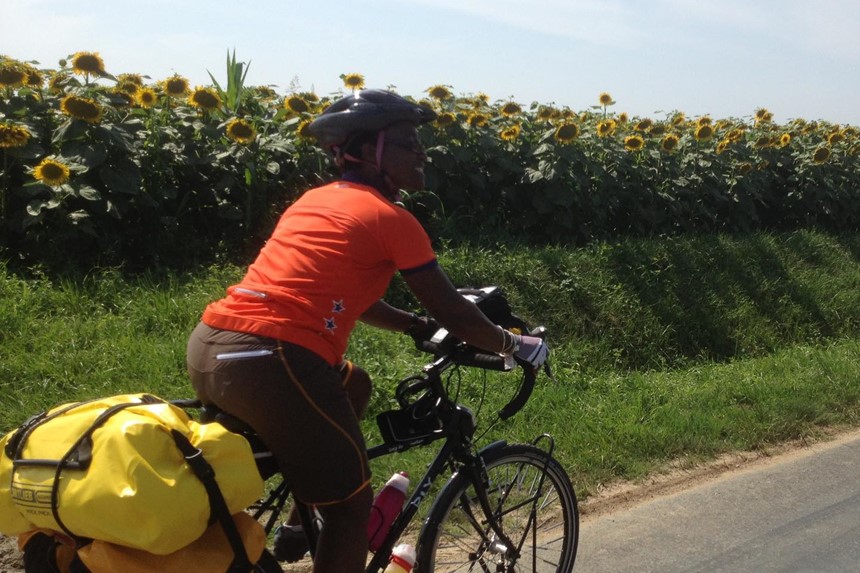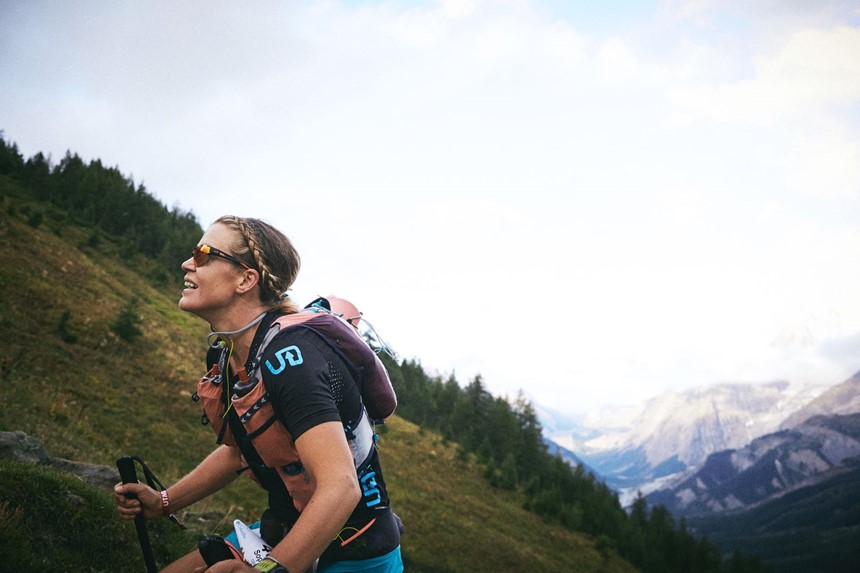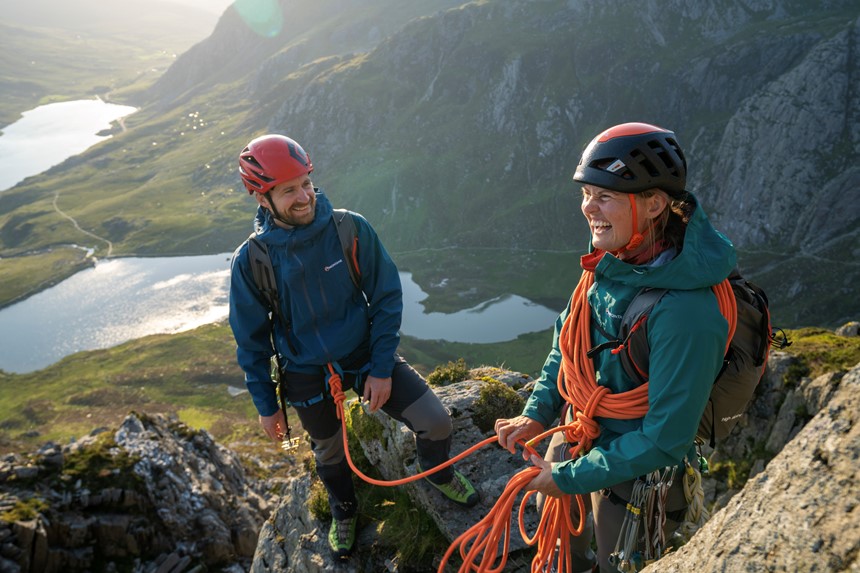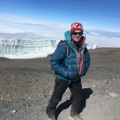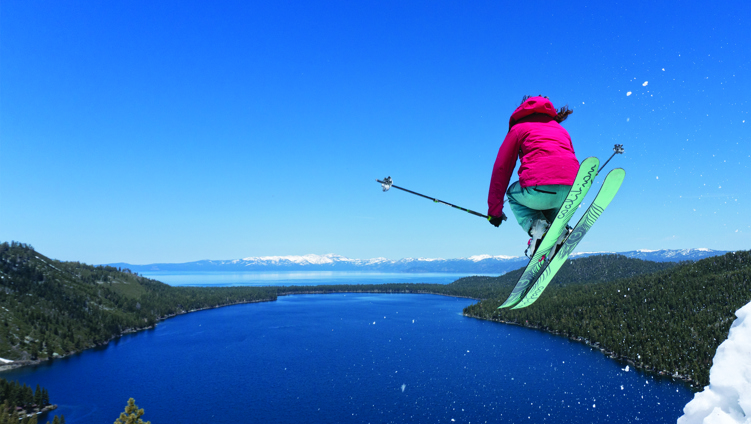LC: “One thing that would make my life easier is remembering that menstruation isn’t just something cis women do. Non-binary people and trans men also menstruate, and adding us to the conversation only benefits the cause! Also, if any cycling company wants to create removable padded period inserts for cycling shorts then that would be ace.
In general, I think my ask links to a broader shift in how we talk about adventure. I think there can sometimes be an emphasis on pushing past your limits and on physical endurance, and I would like to hear more voices talking about reaching limits and respecting them, being flexible with your goals, not thinking in terms of success/failure, and being kind to yourself, your body, rather than bending it to your will. I think that shift would also create space for stories about all different types of adventure.”
EL: “It's important to be visible and transparent in what you’re going through, especially to the younger generation. We are the period role models!”
ED: “Listen to those in your life that do menstruate. Everyone's experience is different, so be aware that one woman’s journey isn’t identical to the next. Be prepared to step up for them, help round the house, offer to cook, have a chilled day with them. Don’t pass any judgements.”
SG: “I would love for men to experience having PMS. For me I know that my fuse is super short when I have it, and literally everything is annoying. I would love to not feel like that. It is not fun, and we are not being ratty on purpose! Also it's just blood. It isn't gross and it washes off.”

